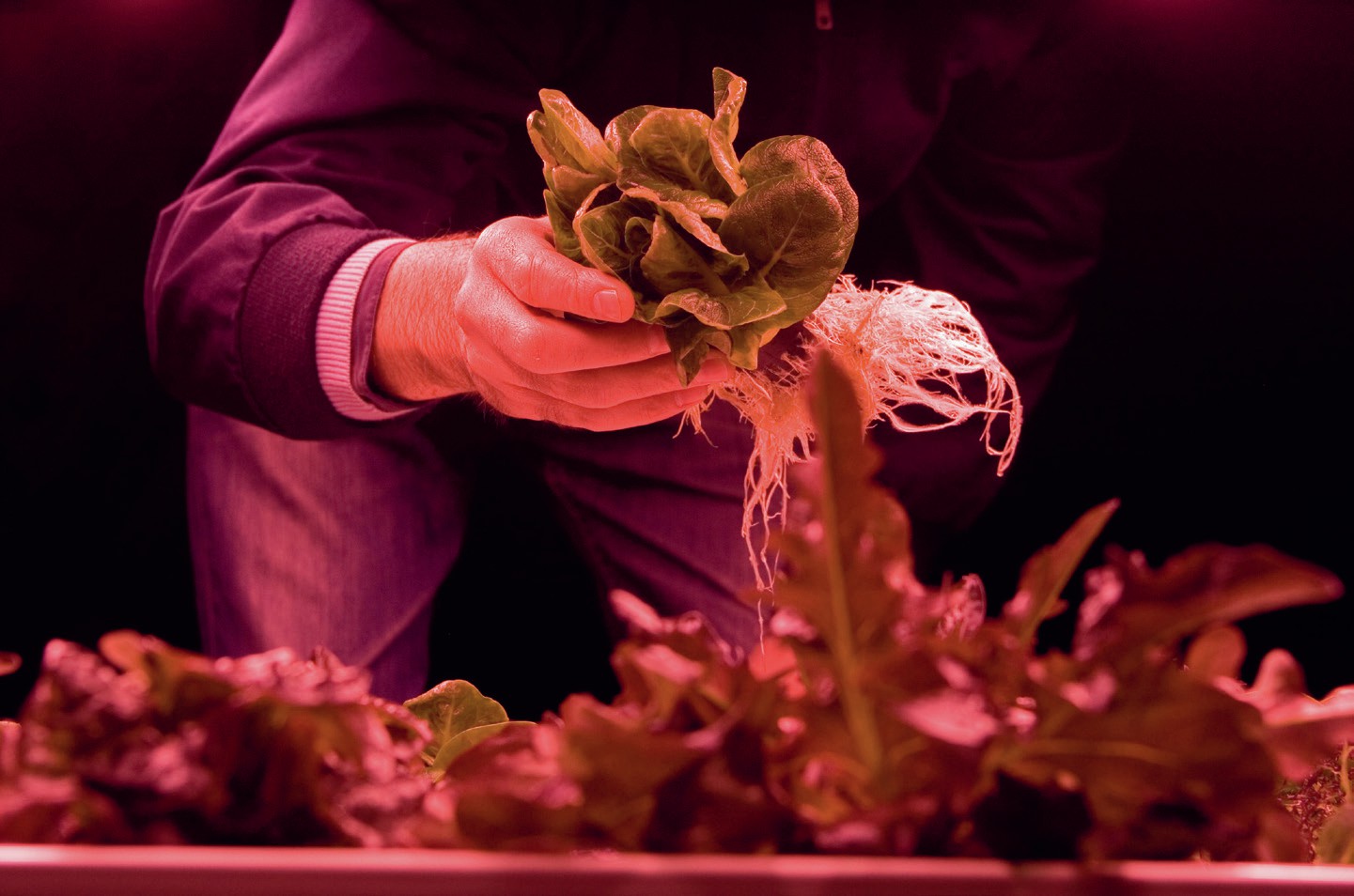
Since the fifteenth century, developed countries have been importing foods, such as tea, sugar and spices from overseas. More recently improved transport networks and new food preservation techniques mean food can be transported thousands of miles from where it is produced. This has led to an increasing demand for non-seasonal produce such as strawberries and other soft fruit in winter. Television shows and cookery websites have also led to increased demand for a wide range of food products.
Globalisation is the process by which the world is becoming increasingly interconnected as a result of greatly increased trade between countries. Globalisation has increased the production of goods and services including food, but transporting food all over the world results in many negative effects, including increased carbon dioxide emissions during transport, along with overgrazing, deforestation and over-use of chemicals in food-producing areas.
Your organisation does not have access to this article.
Sign up today to give your students the edge they need to achieve their best grades with subject expertise
Subscribe




